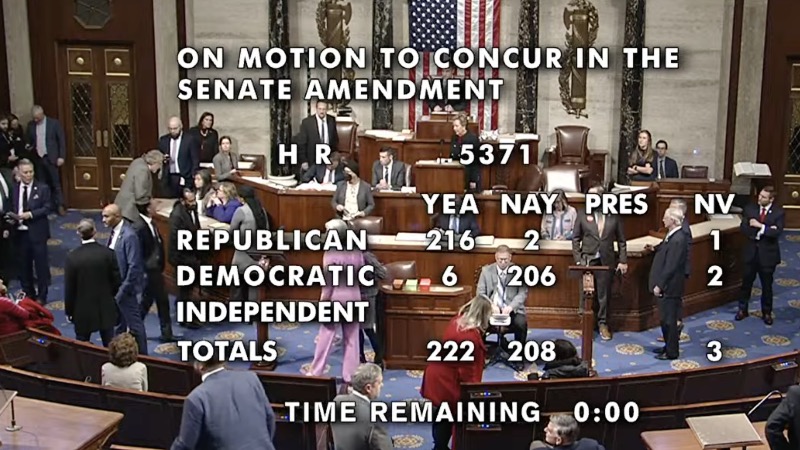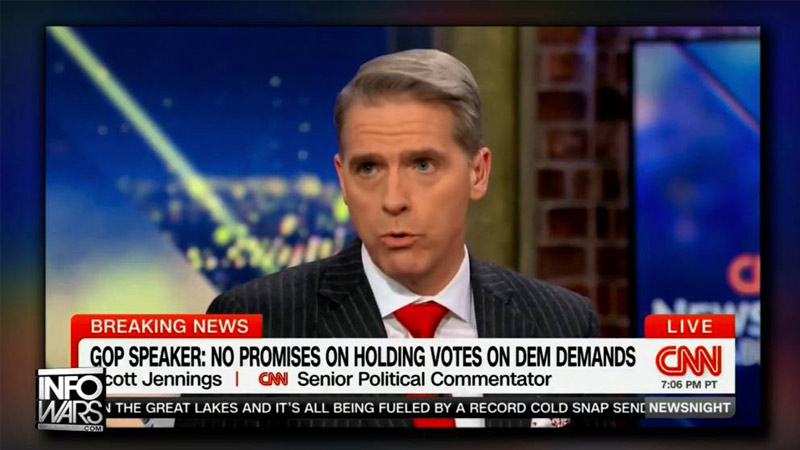
Chaos unfolding across UK predicted decades ago by demonized British statesman
Even as smoke floated from burnt-out hotels and police vans, and hordes of sectarian gangs roamed the streets with knives, swords and machetes, the Conservative Party seemed pitifully unable to capitalise on the utter chaos that has engulfed the United Kingdom after less than six weeks of a Labour government.
It should have been an early unearned gift after being humbled at the ballot box, and yet, the Tories were entirely hamstrung.
Firstly, because the bulk of mass migration which has so divided and angered the nation occurred under their governance, and secondly, because they are still cowed by the ghost of a speech by a man whom they counted as one of their own just 60 years ago.
That man was Enoch Powell, and the speech he made went down in infamy as the “Rivers of Blood Speech.”
Delivered in April of 1968 at the Conservative Political Centre in Birmingham, England, the address would forever change the way in which immigration to Britain was discussed.
Powell recounted stories constituents had told him, in person and by letter, of encounters with immigrant communities that left them intimidated and despairing.
Noting the speed of change being brought about by the sudden burst of immigration from the former Empire in the ’60s, he famously intoned:
“We must be mad, literally mad, as a nation to be permitting the annual inflow of some 50,000 dependents, who are, for the most part, the material of the future growth of the immigrant descended population. It is like watching a nation busily engaged in heaping up its own funeral pyre. So insane are we that we actually permit unmarried persons to immigrate for the purpose of founding a family with spouses and fiancées whom they have never seen.”
He concluded the final paragraph of his address with the words that would form his political epitaph:
“As I look ahead, I am filled with foreboding. Like the Roman, I seem to see the River Tiber foaming with much blood.”
The impact of Powell’s words were almost immediate.
Many decades before the litany of so-called “hate speech” laws which see the current socialist regime of Keir Starmer cart off His Majesty’s subjects to the cells on a whim, there were calls from opposition MPs for the then-Shadow Secretary of Defence to be prosecuted for “incitement” in relation to his remarks.
Although such threats were largely hyperbole, the broad fury among the political class — over what was seen as unprecedentedly inflammatory rhetoric — ultimately had career ending consequences. The then-head of the Conservative parliamentary party, Edward Heath, sacked Powell under threat of resignations from several Shadow Cabinet colleagues, describing his comments as “racialist in tone and liable to exacerbate racial tensions.”
While the Rivers of Blood Speech may have drawn the ire of the political class, it was enthusiastically received by the electorate — a dichotomy that endures to the present day. A Gallup poll later that year found that around three-quarters of the British people agreed with the sentiments expressed.
Irrespective of Powell’s public popularity, he became a pariah within Westminster and his party. A man of extraordinary intellect who served his country honourably in World War II, became the youngest professor in the British Empire at just 25, and spoke half a dozen languages fluently, went from being tipped as the next leader to exiled on the back benches — before eventually quitting the party in disgust at the UK’s entry to the European Economic Community (now the EU) in 1974.
The migration issue was gradually sidelined, partly because Labour’s Immigration Act 1971 massively restricted the right of Commonwealth subjects to live in the UK (a major cause of the social unrest which had inspired Powell’s speech), but also due to anger amongst British elites that the issue had been addressed so directly and aggressively by Powell, which made discussion of the issue utterly indecent in political circles.
The Immigration Act may have stymied the flood, but all the while, the proliferation of divisive alien cultures from across the globe saw the gradual ghettoisation of Northern and Midlands towns, isolating immigrant groups from one another — and from the native population.
After almost 18 years out of office, the Labour Party returned to power under the Machiavellian globalist Tony Blair in 1997.
In addition to subverting the traditionally neutral institutions essential to the functioning of British government, he was ruthlessly committed to the European project, and when 10 additional countries (mainly from Eastern Europe) acceded to the EU in 2004, he opened the UK’s borders to their citizens, years ahead of other large countries like France and Germany, resulting in an influx of more than a million people during the subsequent decade.
This was, in part, the animating energy behind the Brexit vote. Both Labour and Conservative parties claimed they were unable to stifle mass migration due to the EU’s commitment to free movement between member states.
With Labour actively in favour of diluting the national character of the UK, and the Tories reflexively terrified of being smeared as neo-Powellite’s, UKIP’s Nigel Farage filled a hole in the national discourse which, after years of tumult, finally saw the country limp out of the bloc in 2020.
However, Farage and his cohort were not apart of the government that implemented the post-Brexit immigration regime. The Conservatives under Boris Johnson, keen to project a liberal vision of ‘global Britain,’ opened the nation’s borders to the entire world amid the chaos and tyranny of the COVID lockdown regime.
If Powell was wrong about anything, it was the scale of immigration that would be inflicted, unbidden, on the British, and just how much the citizens would tolerate before widespread civil unrest would become commonplace. However, in both the causes and character of the conflict that was to follow, he was entirely correct.
Speaking about the problem of immigration on the Dick Cavett show in 1971, he clarified his position that, “…we are concerned with an increase in an element of the population which is profoundly different, thinks itself different, is SEEN as different from the rest. And that is where both the number and significance in concentration comes in.”
Despite the fact that the events of the 21st century — culminating in the unrest of the last month — have unambiguously absolved Powell, the Conservative Party has completely failed to acknowledge that he was right and they were wrong.
While many leaders for future leadership have issued vague, milquetoast statements regarding failures of multiculturalism, most have tacitly gone along with the narrative that online misinformation and “divisive” anti-immigrant rhetoric is inspiring “far-right” thuggery in the streets of Britain.
When a (former) politician has dared speak the name of Enoch Powell, however, it has only been to dismiss him, as though the eyes and ears of the indigenous population had been deceiving them.
Jacob Rees-Mogg — who, until his recent electoral defeat, had been a near-lone standard bearer for “real” social conservatism in the House of Commons — reiterated the decades old tropes about Powell’s rhetoric.
Speaking to Steven Edginton for GB News, Rees-Mogg described the speech as “terrible.”
“It was absolutely intended to be incendiary. I think, what Powell achieved, was the exact opposite of what he was aiming to do,” he said.
“People could not talk politely about immigration because of the Rivers of Blood speech.”
There is not so much a gaping hole as there is a chasm on the right of British politics that is waiting to be filled by the first person to tell a simple truth to the British people.
That truth, to borrow a phrase from Raheem Kassam of The National Pulse, is that Enoch Powell was right.
Tim Walz Caught in New Acts of Stolen Valor




